How to build a Sustainable Diet
We should all be striving for a sustainable diet.
Let’s face some cold, hard facts right from the get-go…
Never in the history of humankind has the world been so populated. Never have there been so many people living with disease. And never has the environment been so vulnerable to the actions and behaviours of human beings. We have allowed capitalism to run riot, and the result is poor health on a global scale – both human and ecological. No-one is benefiting, aside from those knee-deep in large agribusiness.
We’ve lost sight of our species’ past, eating foods that would have been unrecognisable to our ancestors, produced in ways that would seem entirely alien to them. Ancient farming practices have been abandoned in favour of intensive modern methods that rely heavily on the use of pesticides and fertilisers. Humankind has become domesticated, much like our livestock – buying what the big food companies want us to. Fresh, wild, organic produce – our staple diet since we first evolved – has been crowded out by highly processed and nutrient-poor foods, all in the space of a two hundred years. It’s time to get in touch with our wild side and break free of this enforced domestication. It’s time to question everything, literally from the ground up: what we grow and how we grow it, what we eat and how we eat it – even when we eat it!
Our modern agricultural and nutritional models are fundamentally flawed. Yes, we’re theoretically able, using current systems, to feed the entire world, but the reality is that more than 820 million people (that’s about one in nine! ) don’t have enough to eat.
That’s about one in nine!
Many more people eat a diet deficient in nutrients. Inequality, ill-health and disease – nobody wants or deserves that. A future in which food is fresh and nourishing and everyone has enough to eat shouldn’t be a utopian dream, but can we nourish the Earth while we nourish ourselves, caring for its health as we care for our own?
The answer to this question is complex and requires a concerted global effort, not to mention a shift in attitudes, but there are some simple, practical and affordable choices we can make every day to sustain our health and that of the planet.
My Top Ten Strategies for Sustainable Success
What do I mean by ‘sustainable’ – and, for that matter, ‘success’? Well, when I talk about ‘sustainable’ I mean our obligation to the environment and to ethical farming practices that result in nutrient-rich foods, but I’m also talking about establishing a set of habits that promote good health. ‘Success’ is simply about making those habits permanent. Below are my top ten strategies for doing the best by you and the environment.
1. EAT WHOLE, FRESH AND AS MUCH UNPROCESSED FOOD AS POSSIBLE
Eating a broad range of fresh and unprocessed foods ensures a diversity of the life-enhancing vitamins and minerals needed to optimise and sustain your health. Highly processed foods are nutrient poor and can be harmful to your wellbeing when consumed in moderate or high quantities.
2. GO GLUTEN FREE
A gluten-free diet will benefit anyone, not just those with coeliac disease – and it is easier than ever to find gluten-free products at the supermarket. Gluten can stimulate the protein zonulin, which disrupts the integrity of the gut membrane; increased gut permeability can wreak havoc on your wellbeing. Avoiding or limiting gluten in your diet has been found to help gut health and keep inflammation at bay. Inflammation is part of the body’s immune response to perceived threats, and systemic inflammation is often the cornerstone of ill-health and disease. A major contributor to inflammation is gluten found in wheat, barley or rye products.
3. LIMIT INDUSTRIALISED OILS
Highly processed and industrialised oils have only been part of human diets in the last century and can be harmful to your health. Cutting down on highly processed oils will limit inflammation caused by free radicals derived from omega-6 fatty acids found in oils such as sunflower, safflower, bran, canola and vegetable. Instead, when cooking or dressing your foods, use macadamia, walnut, coconut and olive oils, or tallow, lard, ghee or butter.
4. EXERCISE AND PLAY REGULARLY
Regular exercise has been shown to elevate your Brain Derived Neurotrophic Factor (BDNF), which many call fertiliser for the brain, helping to grow and repair neurones. As well as helping to lift mood and combat anxiety and depression, exercise can help with insulin sensitivity and muscle tone. The key to making exercise habitual and sustainable is to choose a modality that is enjoyable or social. Social exercise helps to form bonds and improves interpersonal connections.
5. HERO THE VEGGIES
Vegetables should be celebrated. When designing your meal, start with the vegetables as the key ingredient, and then decide on the protein. The more varied and diverse your plant intake, the more varied and diverse the micronutrients you consume. Veggies have a bad rap, but you can liven up any vegetable with some delicious oils or butter, and dressings such as lemon juice or sea salt. Ensure your veggie intake includes 2–3 servings of dark green, leafy veg; 2–3 servings of red, orange, blue or purple berries or veg; and 1–2 servings of sulphur-rich veggies, such as onions or broccoli.
6. MAKE MEAT THE CONDIMENT
Too often the meat is the hero of the plate, with the salad or vegetables as an afterthought. Try to flip that approach on its head and treat the protein as the condiment to the vegetables. For each meal, you should have 3 fist-sized servings of aboveground veggies, 1 palm-sized serving of protein and 1–2 tablespoons of healthy fats.
7. TRACE YOUR FOOD TO ITS SOURCE
Understanding where your food has come from is an important part of the sustainable diet approach. A little bit of research into a brand’s ethos or story can unearth whether their values align with yours on the topics of the welfare of animals and the use of fertilisers and pesticides.
8. BE OPEN-MINDED TO CHANGE
The health landscape is an ever-evolving beast with new and interesting discoveries occurring all the time. Keep your ear to the pulse and be willing to change in the interest of your health.
9. MAKE DECISIONS FOR YOUR FUTURE SELF AND YOUR KIDS
The decisions and choices made today can have a big impact (negative or positive) on your future. You may not notice it today or next week, but poor food and lifestyle choices will bite you on the bum further down the track. Your health is largely determined by epigenetics, that is external factors rather than your inherited genes – I’ll discuss this later in the book – but this means that your behaviour is key. You are in control of the food choices for yourself and for your family, so it is important to make considered, informed decisions.
10. BE YOUR OWN HEALTH DETECTIVE
Don’t accept the status quo or settle for ordinary – we are all entitled to be strong and healthy. Become a health vigilante by asking questions, reading food labels and listening to current research on health and the environment. Ask your fishmonger, butcher or local café where their produce comes from. Talking to others about sustainable choices is a step in the process – we’re all in this together.




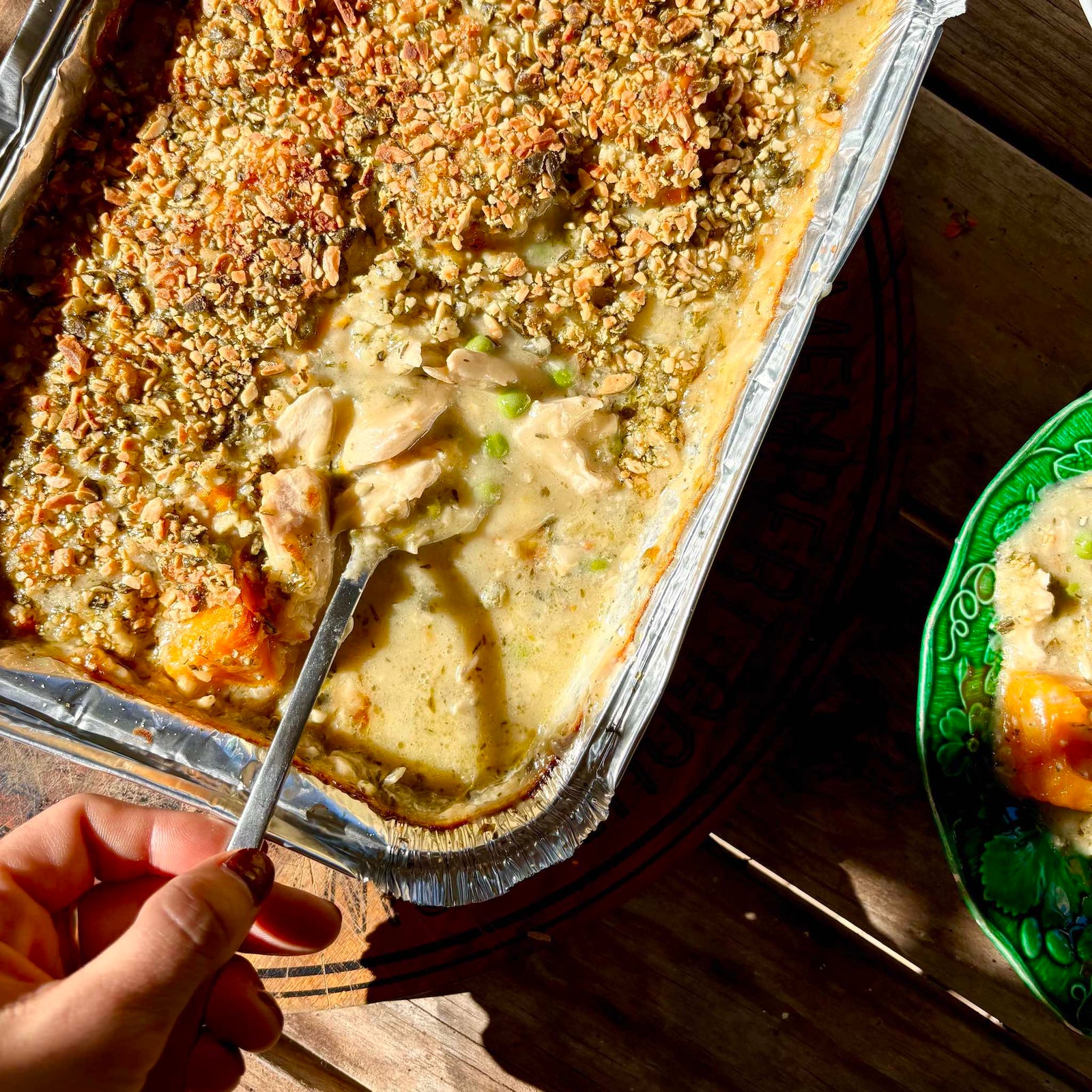
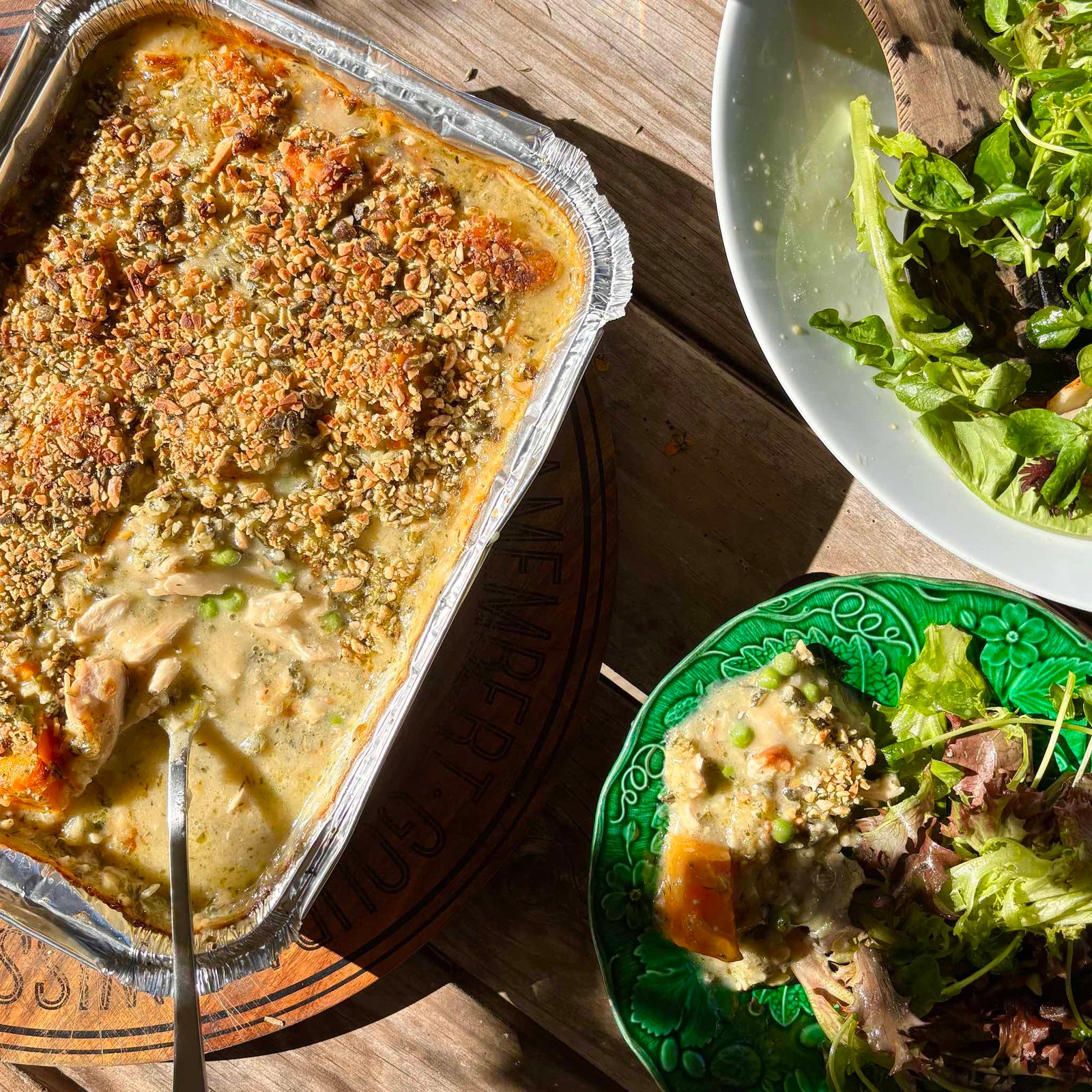
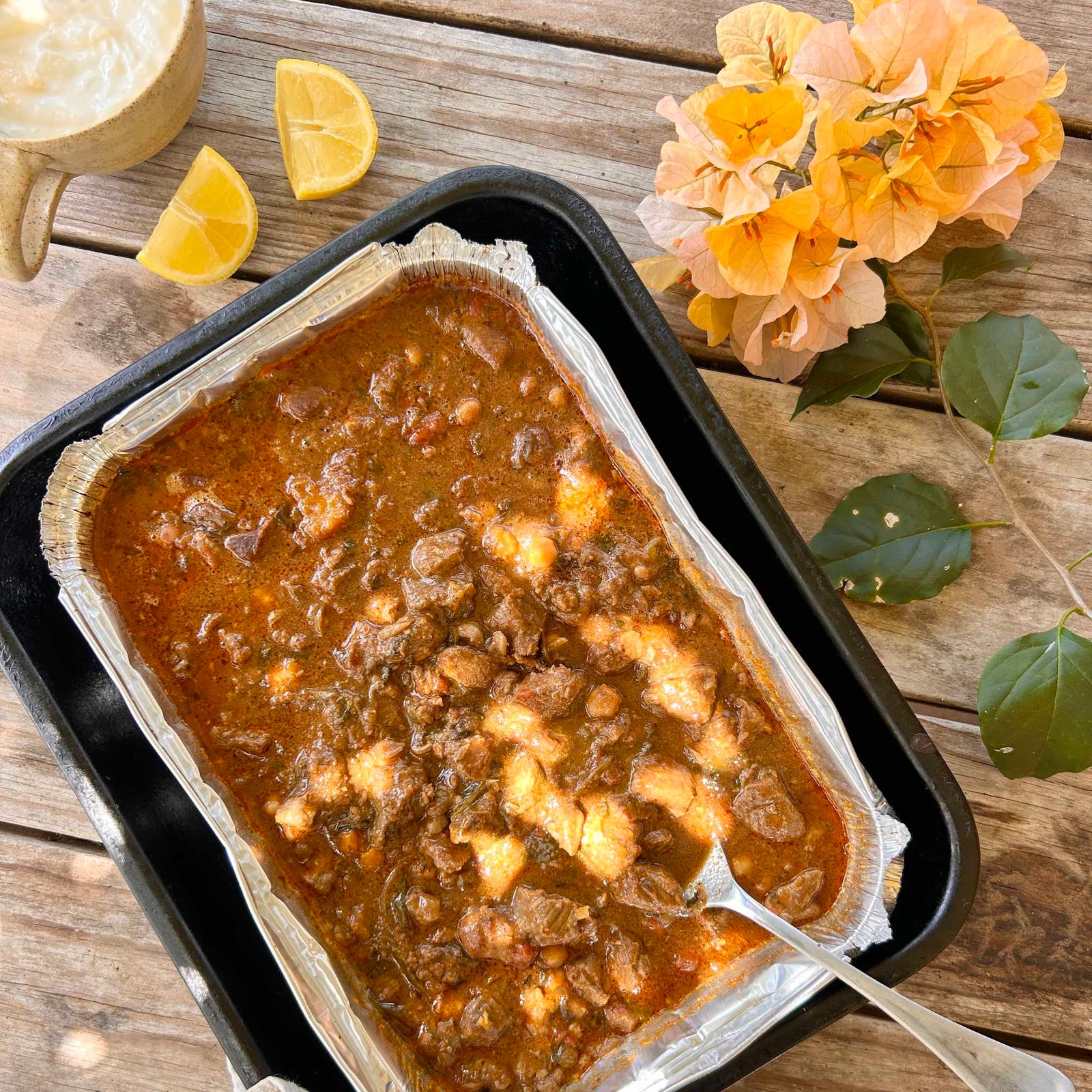





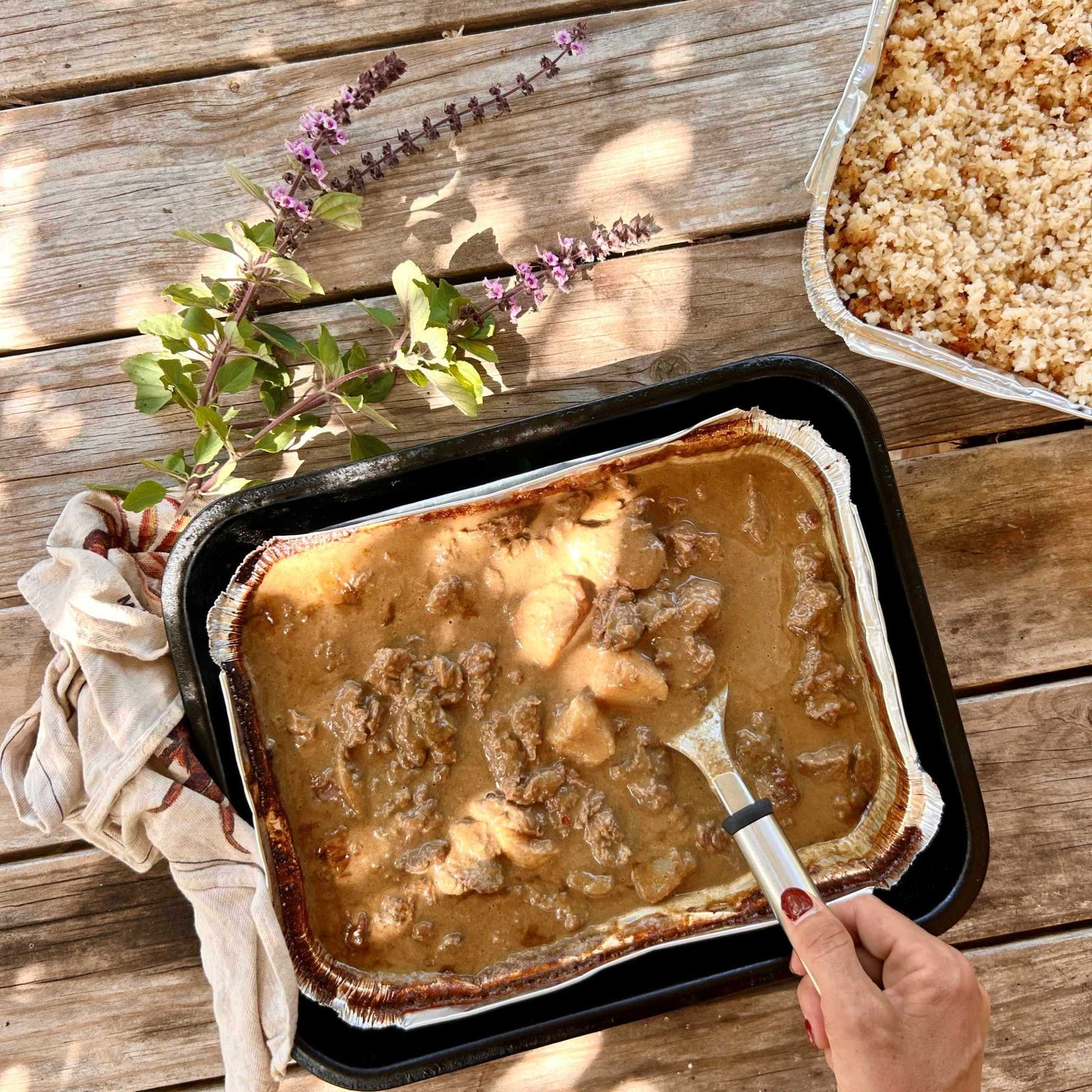

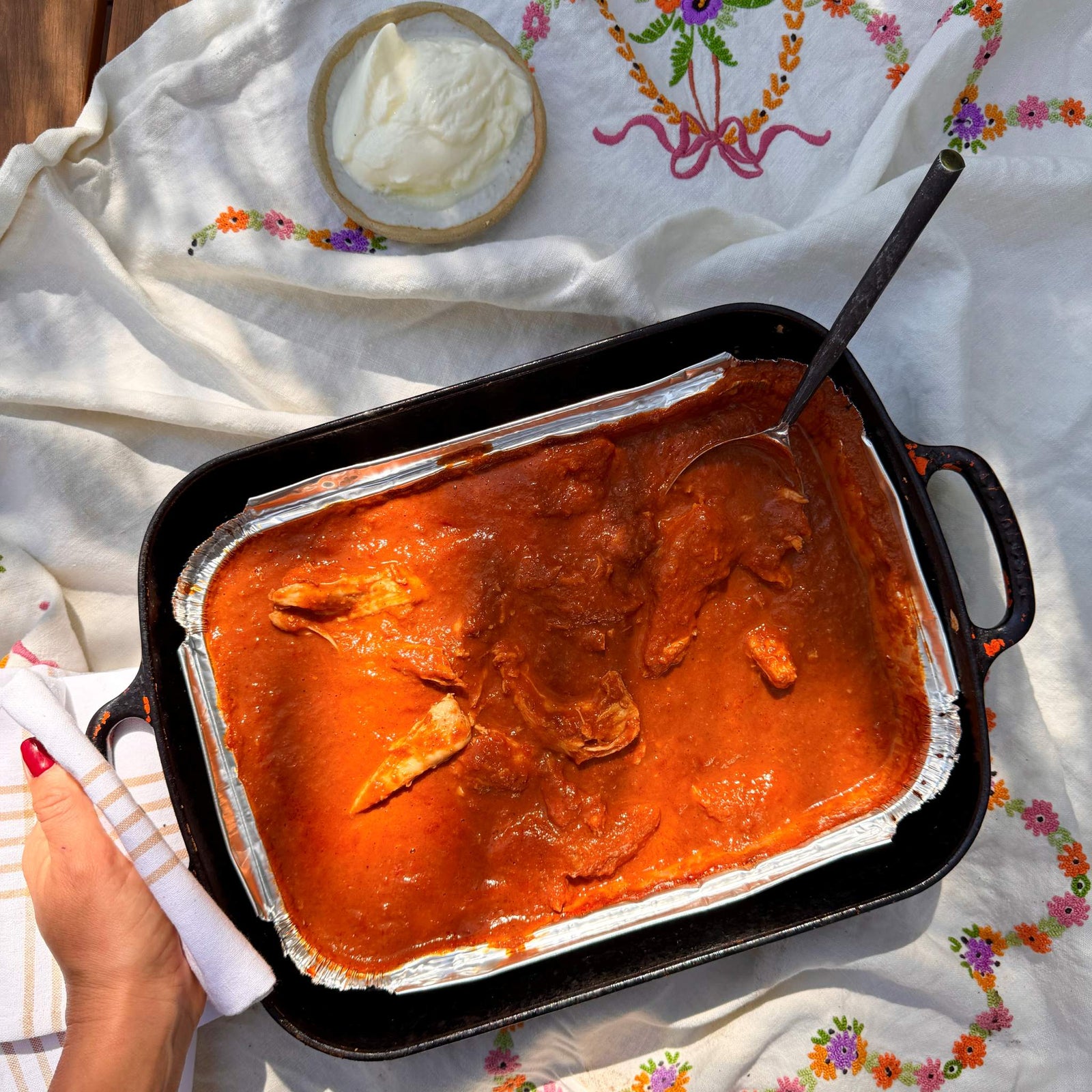

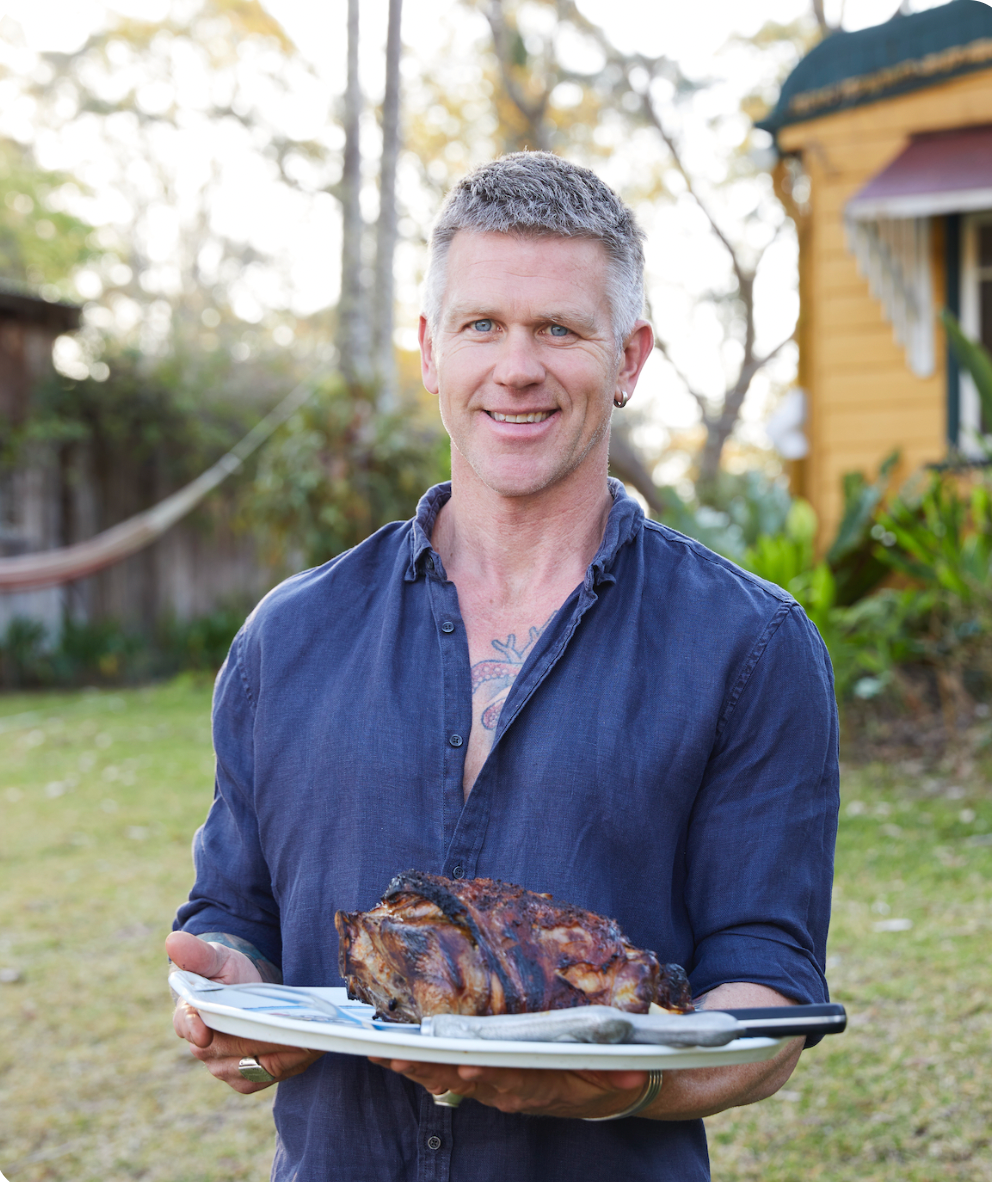
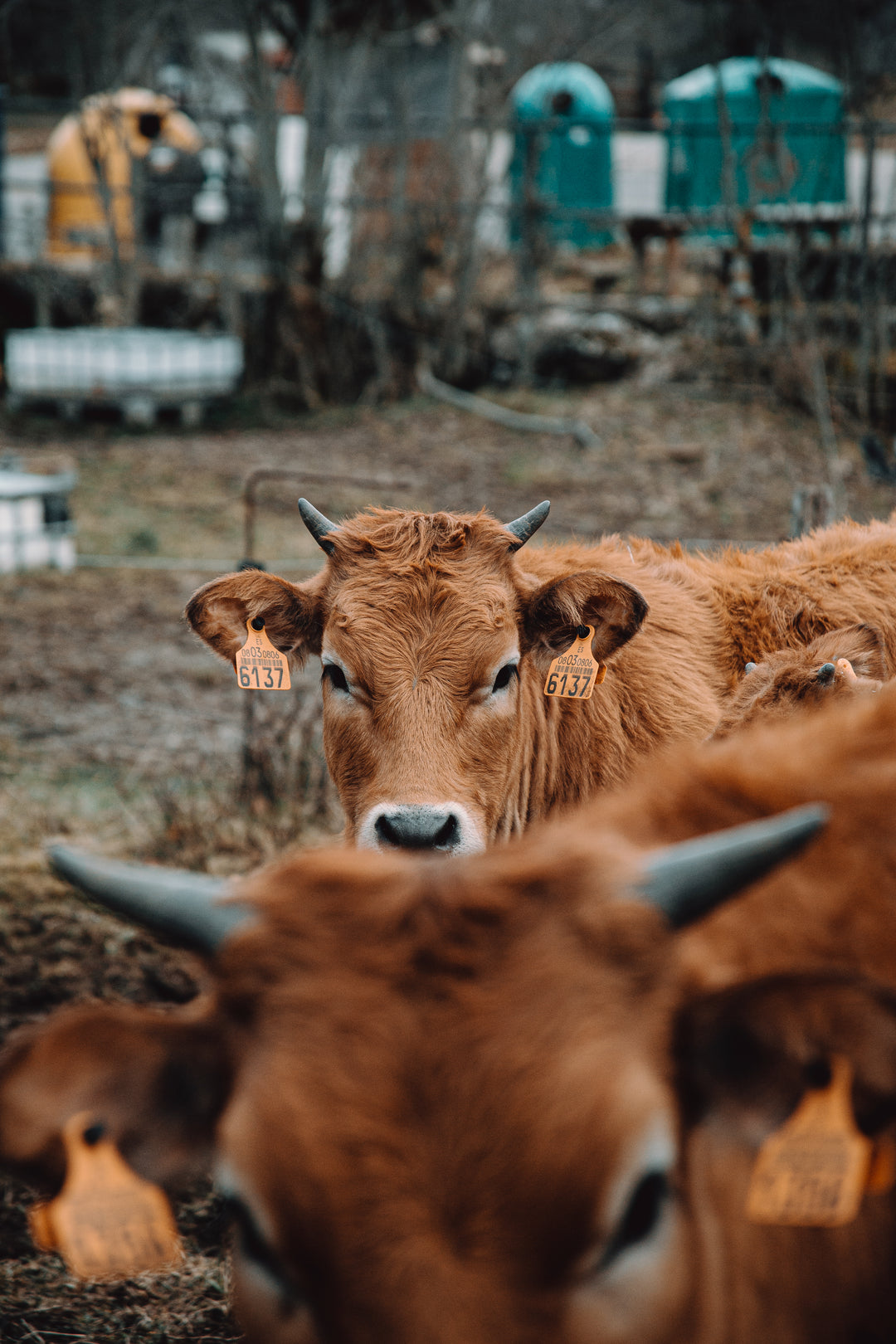


Leave a comment